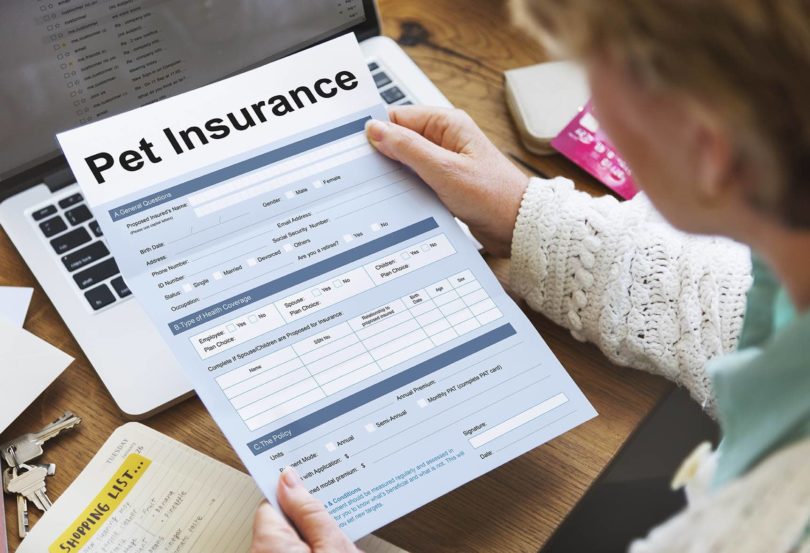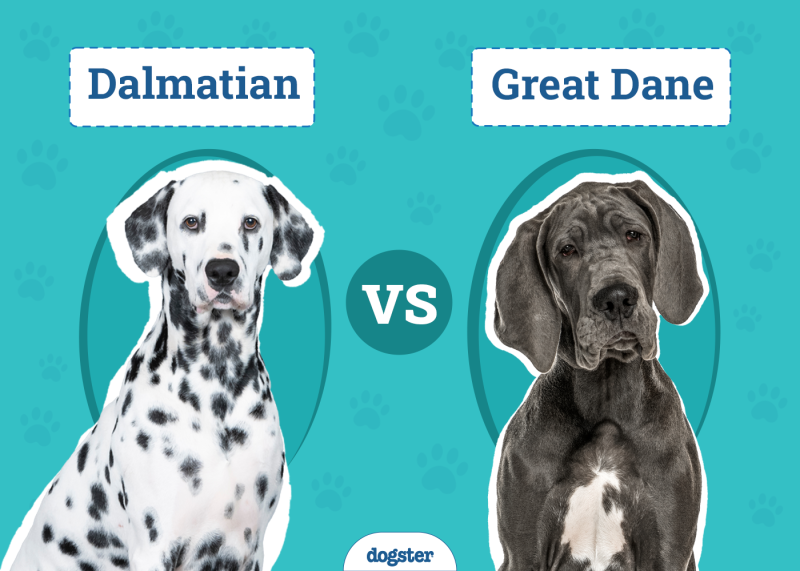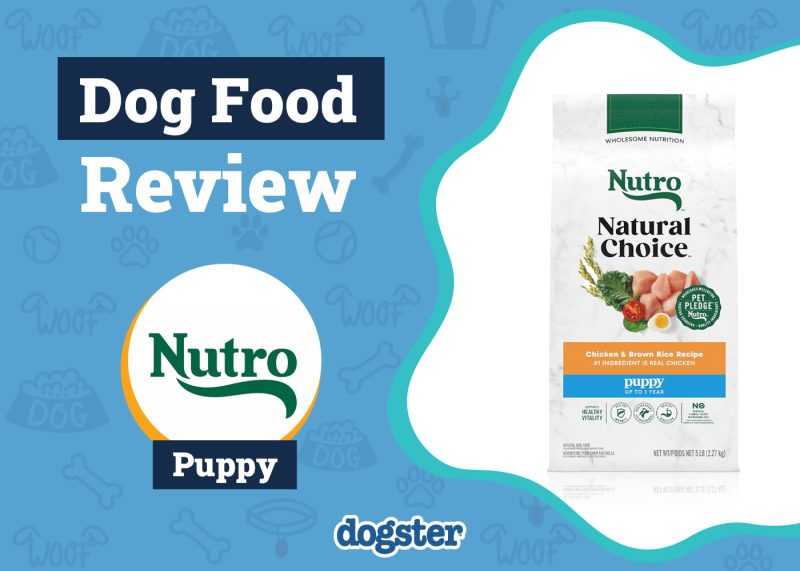Pet insurance helps pay for routine, unexpected, or emergency veterinary bills. The policies vary in how they work and what they cover, but the basic premise is that you pay your pet’s medical bills in full upfront, and the pet insurance company will reimburse you up to a certain percentage.
There are so many different companies and policies to choose from, though, all ranging in price. Also, in many cases, there’s a deductible to be met each year before you can start to be reimbursed. Let’s learn more about pet insurance and how it works.

What Is Pet Insurance?
Pet insurance works differently than human health insurance. You can go to any vet whom you choose instead of being forced to choose from a network. You also don’t give the vet your insurance information. You deal with the insurance company yourself by filing a claim after you’ve paid the invoice. This way, the vet’s office isn’t involved in the transaction, although the insurance company may contact the vet for more information about your claim.
Once you choose a company and plan and sign up for pet insurance, you’ll be expected to pay a premium every month. Some companies will give you a discount if you pay for the entire year upfront.

When Should I Get Pet Insurance?
Waiting until your pet develops a chronic illness or disease is not the time to get pet insurance. The premiums will be higher, and the insurance likely won’t cover anything to do with treating a pre-existing condition.
If your pet is ill and receiving frequent vet care, getting insurance now likely won’t help you much. The cost of the premiums is higher if your pet is sick or elderly. Some companies offer plans no matter how old your pet is, and others restrict coverage if they are over 8 years old.
The best time to get pet insurance is right when you adopt your pet. Even if they’re older, you want to get the lowest premium possible. A healthy 4-year-old dog will have a lower premium than a healthy 8-year-old dog, so get the insurance as soon as possible.
No matter the age of your pet, when getting pet insurance it’s always worth comparing plans to see which one is right for you.
Top Rated Pet Insurance Companies:
How Does Pet Insurance Work?
Pet insurance is commonly purchased for its accident and illness policies. If your dog or cat gets hit by a car, breaks a bone, or develops an ear infection, their treatment would be wholly or partially covered, depending on your policy. Some companies offer up to 90% coverage of vet bills.
Let’s say that your policy has a $200 deductible for the year, which you’ve already met. You paid your vet bills and submitted a claim to your pet insurance company each time until that $200 was paid in full. Now you can start to receive reimbursements for things that your policy covers.
Your cat now has a medical emergency and is in the hospital. You receive a $3,000 bill that must be paid in full. You pay the bill and submit a claim to your insurance company. Depending on your company’s reimbursement policy, you could be given up to $2,700 back via check or direct deposit.
If your deductible has not been met yet, you’d receive reimbursement minus the remaining deductible amount.

What Does Pet Insurance Cover?
Pet insurance covers emergencies, illnesses, accidents, injuries, and in some cases, routine care each year. Some policies are cheaper if they only cover accidents. This means if your cat swallows a foreign object and needs surgery, the operation is covered. But if your cat is sick, the insurance company pays nothing.
Deciding on the right plan for you is a personal choice. Your pet’s age, health, lifestyle, and risk factors for accidents should be considered before you sign up. Choose the policy that will work best for your animal and your budget.
- Routine vaccinations, exams, and blood tests (usually only one per year)
- Surgery
- X-rays
- Diagnostic testing
- Hospitalization
- Medications
- Ongoing treatments for chronic or life-threatening diseases
Some pet insurance policies will even cover physical or behavioral therapies. Plans vary, so be sure to read them carefully to know what they include.
What’s Not Covered Under Pet Insurance?
- Pre-existing conditions, which is any condition that your pet had before you purchased the policy
- Cosmetic or elective procedures, so no ear cropping or tail docking unless they are medically necessary for the health of the animal
- Routine care, although this varies by policy
- Breeding

Is Pet Insurance Right for Me?
You don’t need to have pet insurance if you have a pet. It’s a personal choice. Some people don’t think that it’s worth the cost every month. If you can easily afford a surprise vet bill of thousands of dollars, paying a premium each month might not seem worth it to you.
Other people prefer to simply save money for anything that may happen with their pets. Instead of paying a company, they set aside money each month as a veterinary bill fund, just in case. If your pet is elderly and suffering from various ailments, pet insurance likely won’t do you any good. You’d end up spending a great deal of money on expensive premiums and being unable to have anything covered.
If your pet is young and healthy and you can afford an additional monthly bill, pet insurance may be worth it for you. You’d have peace of mind knowing that if your pet was injured, suddenly became ill, or needed emergency surgery, you wouldn’t be responsible for the entire bill. Having that financial help when you need it is worth it to many pet owners.

Final Thoughts
Pet insurance has its pros and cons, and deciding to get it for your pet is a personal decision. Many pet owners think that it’s worth it to have the peace of mind knowing that your pet is covered in case of an emergency. Others prefer to save their own money for that instead of paying a company.
If you do decide to get pet insurance, get it as soon as you can while your pet is young and healthy. Be sure to read through the policy so you understand everything about how it works and what it covers before you make your decision.
Related Reads:
- Why Your Dog Needs Liability Insurance Even If He’s Well-Behaved
- Organizations and Charities That Help Pay Vet Bills
Featured Image Credit: Ekaterina Minaeva, Shutterstock






















